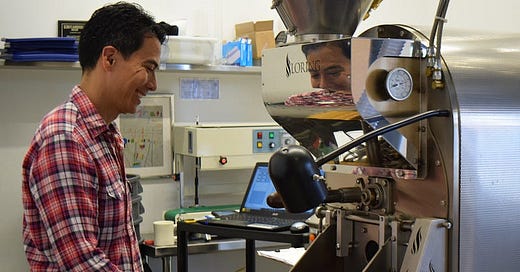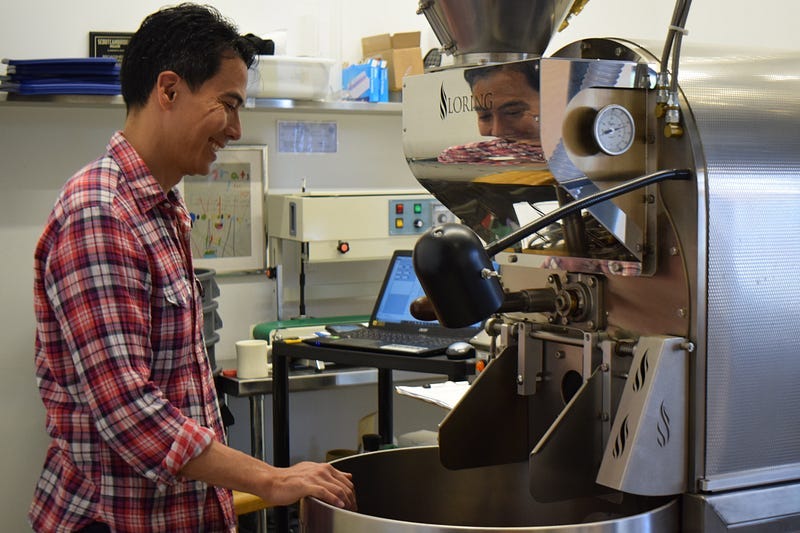Guest of Honor: Aaron MacDougall
We #GetEducated on the elixir that powers all life. Spoiler alert: It’s coffee.
We #GetEducated on the elixir that powers all life. Spoiler alert: It’s coffee.
If you haven’t been to Broadsheet, the first coffee roaster to arrive in Cambridge, we’re not gonna say you haven’t lived, but … your quality of life may not be all that it could be and should be. And behind this serious coffee operation and cool, airy spot (with stellar food…
Keep reading with a 7-day free trial
Subscribe to @heymrssolomon to keep reading this post and get 7 days of free access to the full post archives.





